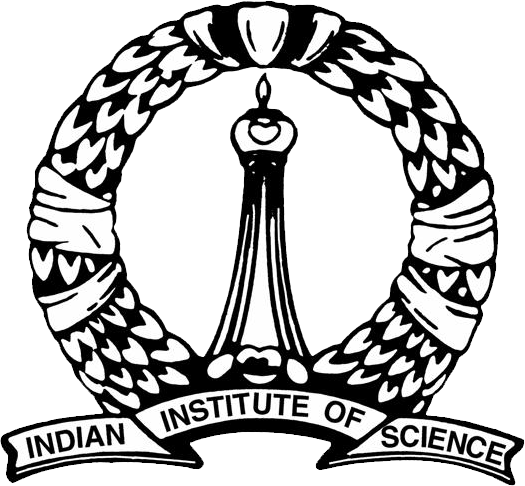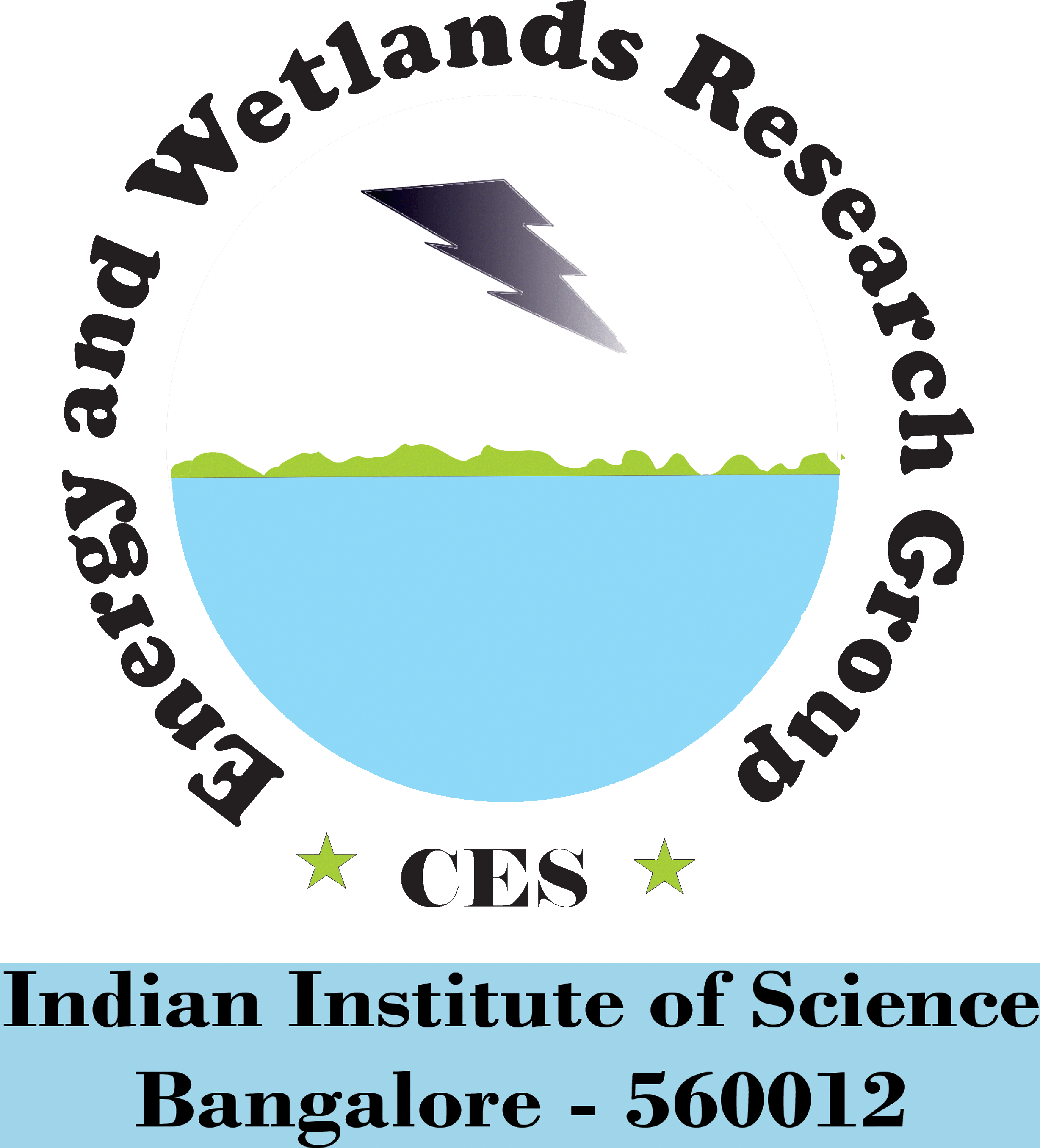1Energy & Wetlands Research Group, Centre for Ecological Sciences, IISC, Bangalore, 2 Centre for Sustainable Technologies, IISc, Bangalore
3Centre for infrastructure, Sustainable Transportation and Urban Planning, IISc, Bangalore 4Dept of Civil Engineering, Visvesvaraya Technological University, Belgaum Web URL: http://ces.iisc.ac.in/energy; http://ces.iisc.ac.in/foss *Corresponding author: cestvr@ces.iisc.ac.in
Citation : Vinay S, Bharath HA,Subash Chandran M D, Shashishankar A, Ramachandra TV, (2016). Linkages between catchment landscape dynamics and the natural flow regime. International Journal of Earth Sciences and Engineering, ISSN 0974-5904, Volume 09, No. 03, June 2016, P.P.244-251.
|
||||||||||||||||||

